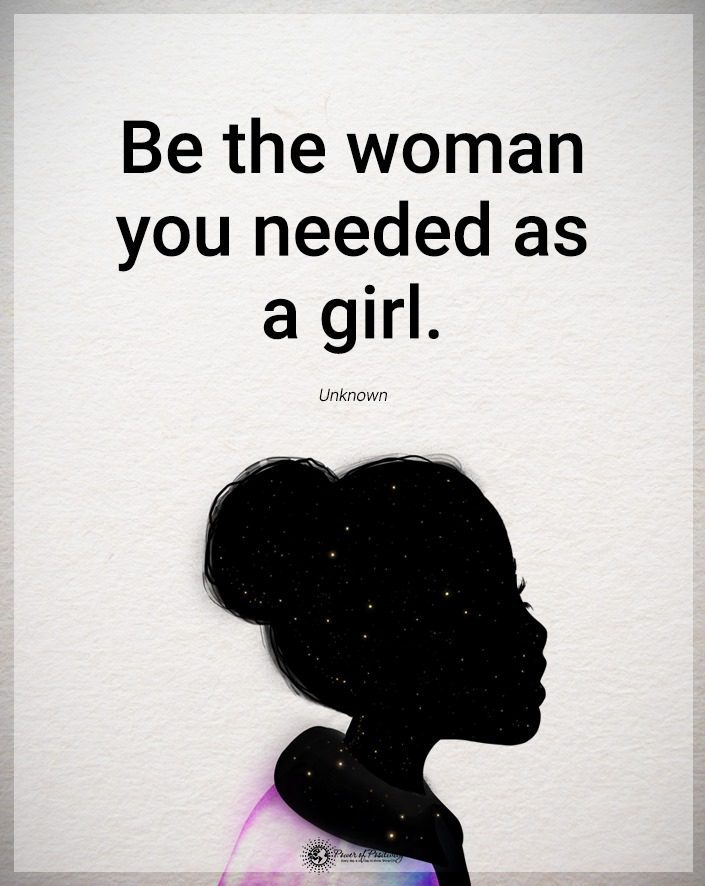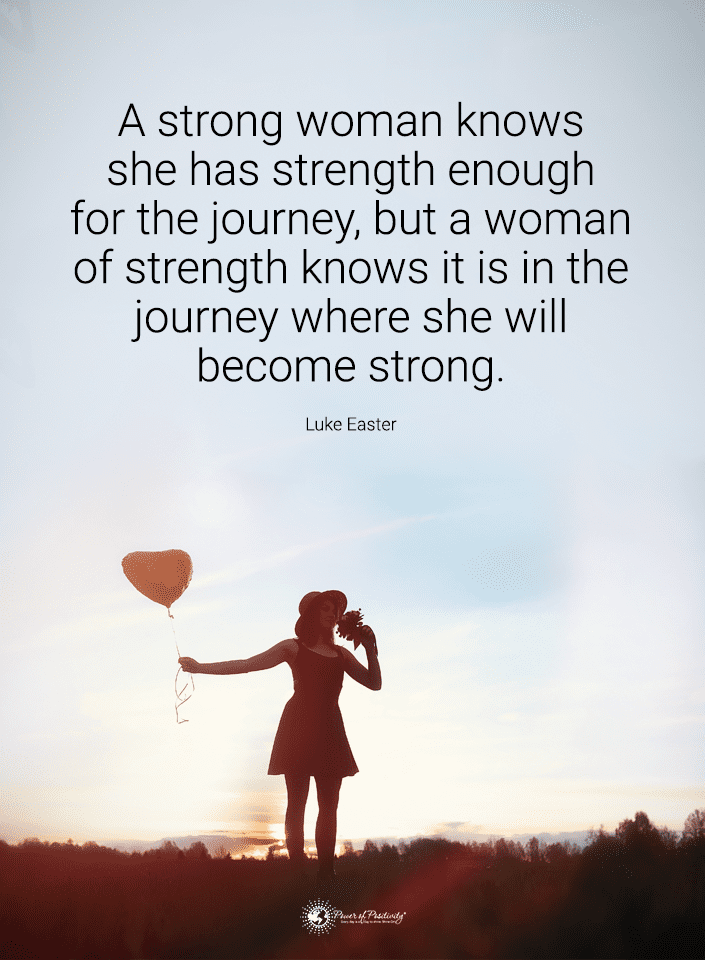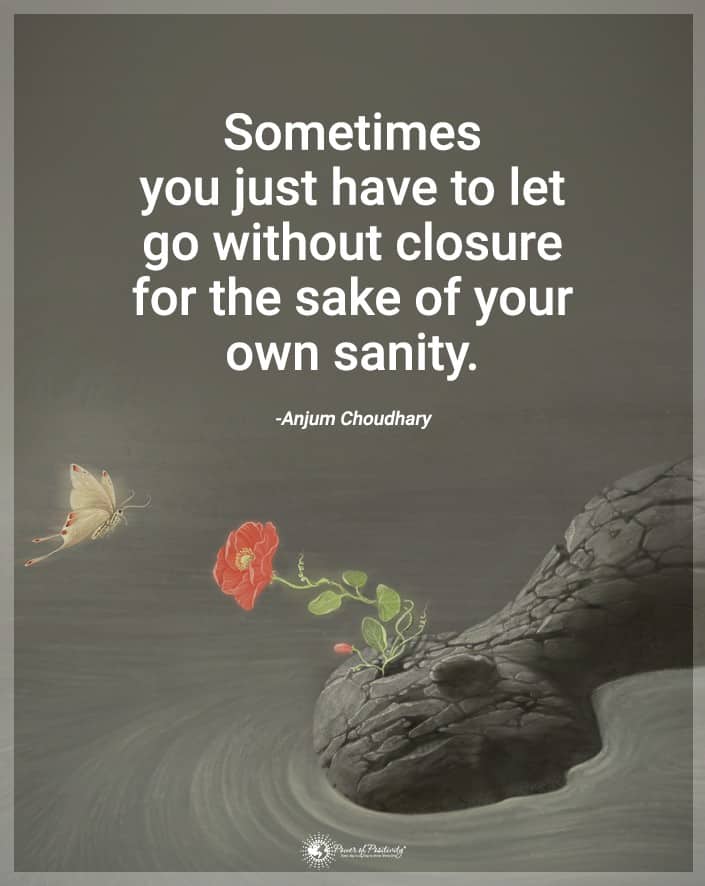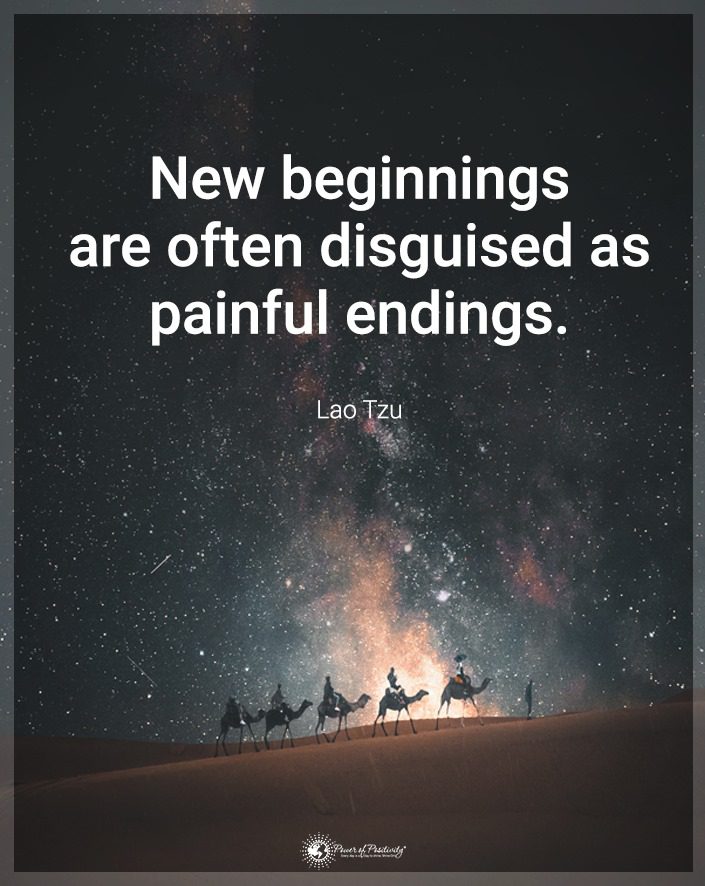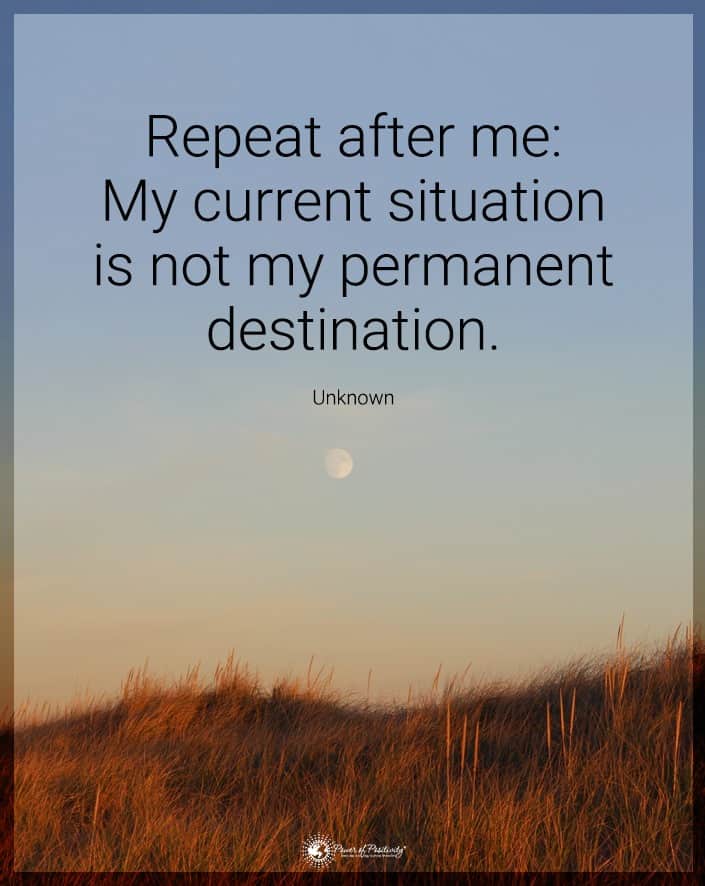“Lightworker” is a term now used for souls who consciously awaken to what is happening in our planet. It describes the “empath” deeply connected to raising conscious awareness among others. These are the warriors of light who take spirituality to new heights. Five things happen when you accept your place as a lightworker in this world.
5 Things That Happen When You’re A Lightworker
1. You begin to notice that you don’t fit in any type of class or group.
The feeling of being misunderstood is magnified. You don’t feel “of this world,” and you need to “return home.” The things that were once easily tolerated are no longer. Lightworkers have very little interest in the media and what other people buy as “normal.”
Spirituality becomes a way of life, and there is no need to partake in any religion or philosophy.
“Release the need to be upset with others. Remember that anytime you’re filled with resentment, you’re turning the controls of your emotional life over to others to manipulate.” – Dr. Wayne Dyer
2. You are empathetic and compassionate.
You’re attracted to animals, children, elderly folks, and nature as a lightworker. You begin to relate to those whom society has labeled as having mental illness or disorders. You’d rather sit with a homeless person than in a high social event. You are naturally kind, and no need for anyone to reciprocate. You are content with just helping those who need help. Touch and words carry a soothing vibration that is passed on to others. You recognize that healing comes from the heart.
“Be an earth angel, and look for love behind the actions of everyone you meet today. Whenever you look for love, you will always find it.” – Doreen Virtue
3. You begin to feel things without anyone telling you.
Words no longer hold weight on their own. You feel profound and crave space for prayer, contemplation, and meditation. You’re moved to tears at a drop of a hat. You also find that you cannot be in crowded places because you are well aware of energy and frequencies. You begin to read and feel others without the exchange of communication. Lightworkers need seclusion and alone time to recharge their energies as they take on the vibrations of those around them.
“Exploring who you are at a deeper level than your everyday thoughts is the true definition of meditation.” – Deepak Chopra
4. People come and tell you their problems and stories all the time.
Lightworkers have an invisible thread to others. Others feel their open heart; therefore, people share secrets, problems, and personal stories. Usually, when they finish, they will comment on how never shared these things with anyone before. Lightworkers are always exposed to the problems of those around them without judgment. They can listen and guide others through difficult moments while navigating with divine wisdom.
“Empaths did not come into this world to be victims; we came to be warriors. Be Brave. Stay Strong. We need all hands on deck.” Anthon St. Maarten
5. Lightworkers are not afraid of death or dying.
Death becomes a transition in the stage of life. Many lightworkers have had near-death experiences, and diseases, and have overcome huge obstacles in their lives. Their journey has allowed them to let go of the illusion that death is final. There is an acceptance that life is transcendent.
“Life is pleasant. Death is peaceful. It’s the transition that’s troublesome.” – Isaac Asimov
As a lightworker, your job is to have an open heart and a deep awareness to help others transition through these ever-changing times. It’s not your job to change anyone but to accept their choices and bring forth the Divine light. Your presence as a warrior of light is a significant shift in consciousness and spiritual evolution. You are not alone!



